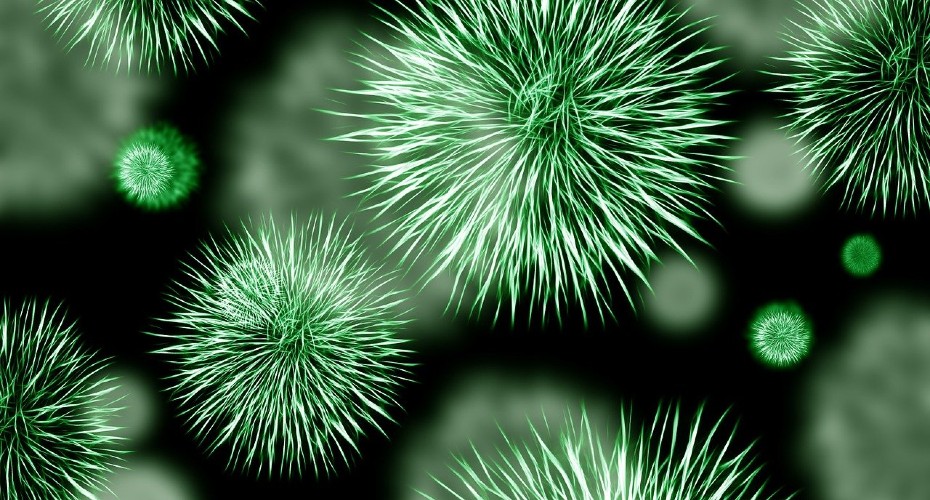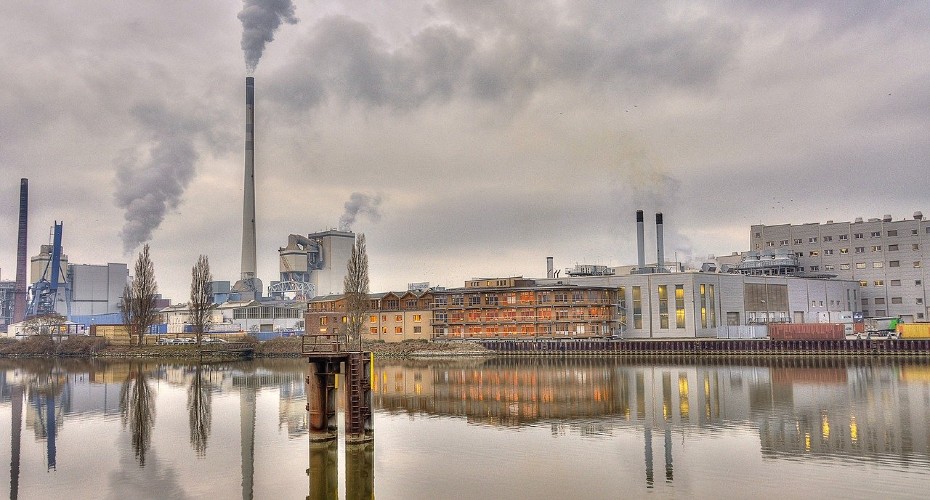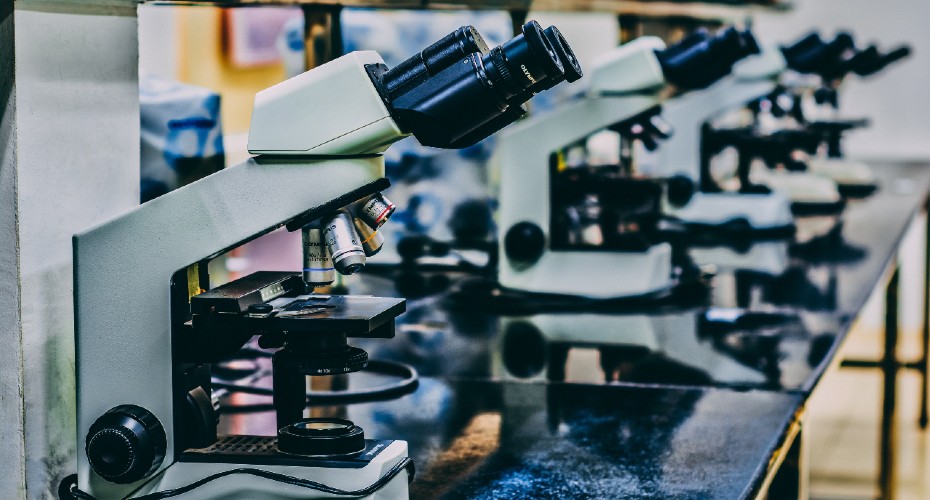Research Impact in Microbiology
Microbes, health and disease
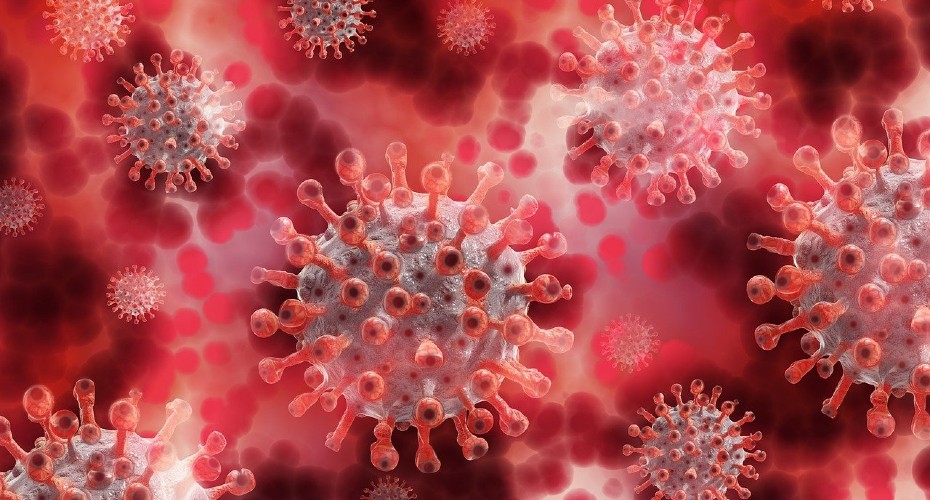
Oliver Stoner, a Research Fellow at the Institute for Data Science and Artificial Intelligence, has developed an advanced model which forecasts daily hospital deaths from Covid-19 before they are fully reported by NHS England.
Find out more >>

Attomarker, a spin-out company based at the University of Exeter, which has developed the world’s first “pocket blood-testing laboratory” has their product displayed in the “Medicine: The Wellcome Galleries” exhibition at the Science Museum in London.
Find out more >>
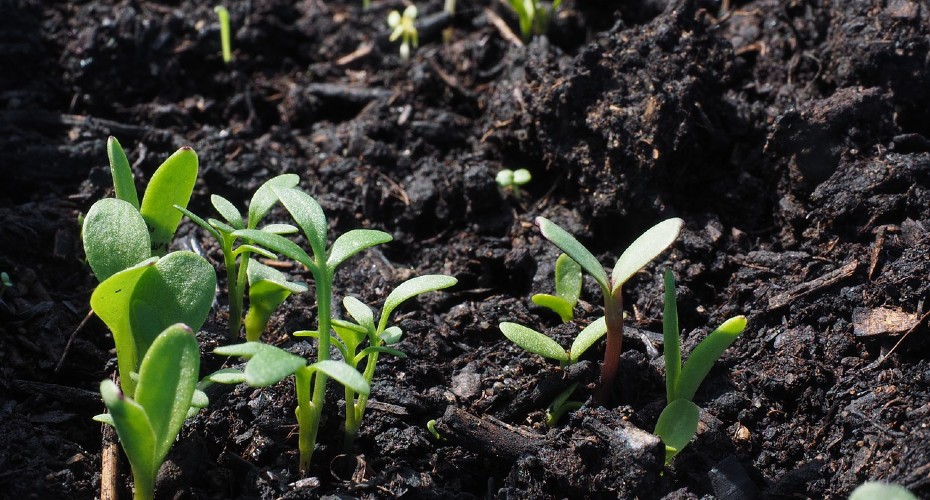
This project uses the Galleria mellonella model to identify clinically-relevant pathogenic bacteria in the soil microbiome and consider their role in antimicrobial resistance (AMR).
Find out more >>
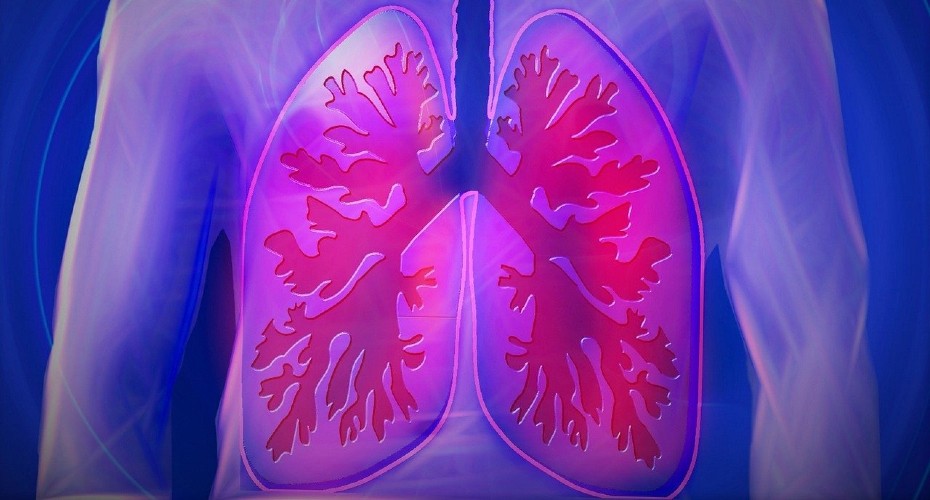
A £10 device developed by Dr Christopher Thornton can detect a frequently fatal lung disease which is notoriously difficult to diagnose.
Find out more >>
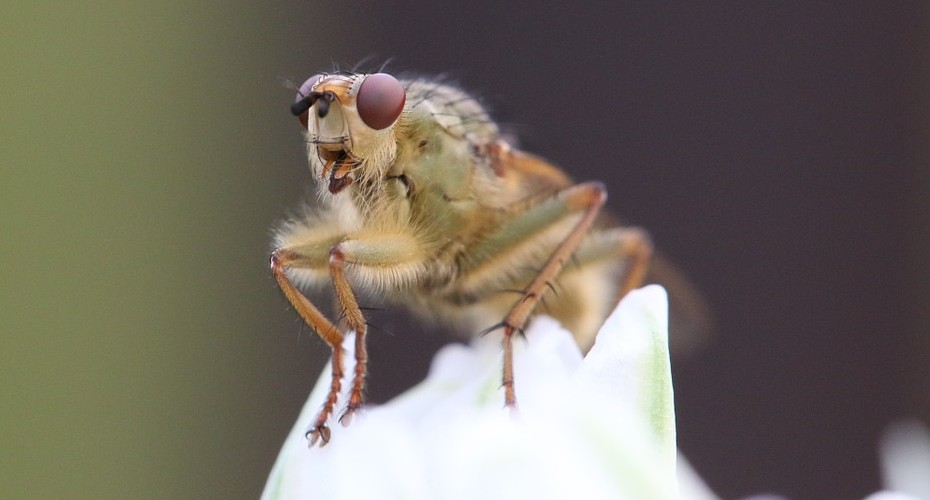
Research led by Ben Longdon focuses on how pathogens switch between host species, what factors affect the ability of pathogens to successfully host shift and how these may be important for the emergence of novel pathogens.
Find out more >>

An interdisciplinary project led by Professor Susan Kelly investigates the professional responsibility of healthcare providers to recontact patients for whom they hold genetic or genomic information, and the implications of rapid innovation in and mainstreaming of genomics for healthcare professionals, patients and families.
Find out more >>

The outcomes of our current research into the oral microbial community may lead to the development of prebiotic and/or probiotic interventions that help to maintain cardiovascular health across the human lifespan.
Find out more >>
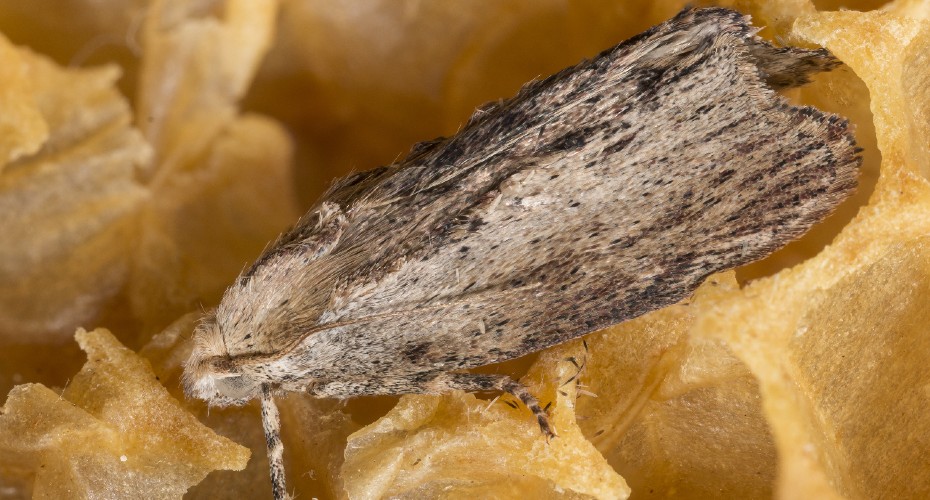
Work with the Wakefield Lab at the University of Exeter, through a jointly funded PhD with DSTL, has recently led to the world's first genetically engineered wax moth, Galleria mellonella, opening up the possibility of Galleria that glow differentially in response to pathogens.
Find out more >>
Microbial communities and the environment
Research led by Dr Anne Leonard and Dr William Gaze has revealed that surfers are three times more likely to have antimicrobial resistance bacteria in their gut than non-surfers.
Read more >>
Listen to Anne on the Microbiology Society podcast >>

The UNEP Frontiers Report Chapter on AMR was co-authored by Professor William Gaze and Professor Michael Depledge in the European Centre for Environment and Human Health, and is likely to shape the global response to AMR by the United Nations and WHO.
Find out more >>
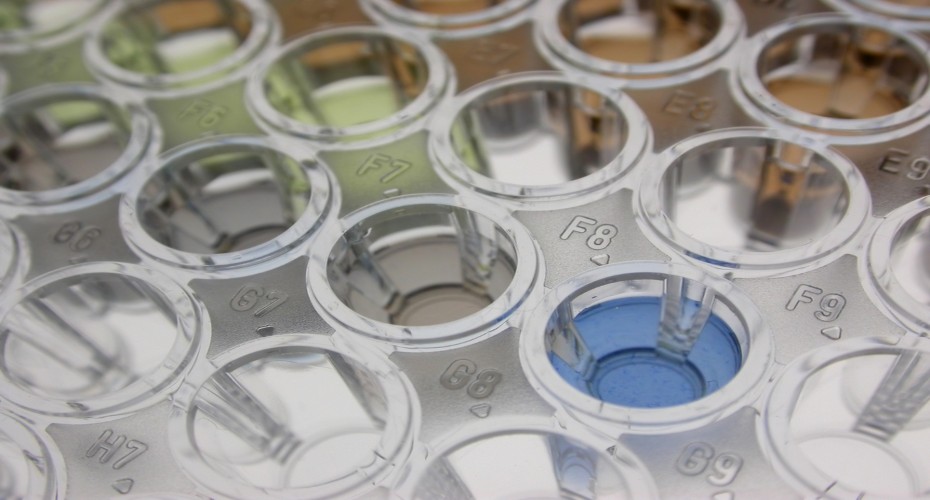
At Exeter we explore the evolution of antimicrobial resistance to understand and potentially hinder this process.
Find out more >>
.jpg)
Our experts specialise in the health of the planet and environment, finding new ways of working towards the responsible use and disposal of antimicrobial drugs.
Find out more >>

Image copyright, Tim Cockerill. A photographic exhibition depicts the complex social behaviour of bacteria commonly found in soil samples from the local area, bringing together work by Dr Tim Cockerill (Falmouth University) and Dr Elze Hesse (University of Exeter).
Find out more >>

Research led by Dr Aimee Murray in collaboration with AstraZeneca, revealed that low concentrations of antibiotics in the environment could be contributing to the evolution of antibiotic resistance, and identifies the environment as a factor that needs to be seriously considered in future AMR prevention efforts.
Find out more>>
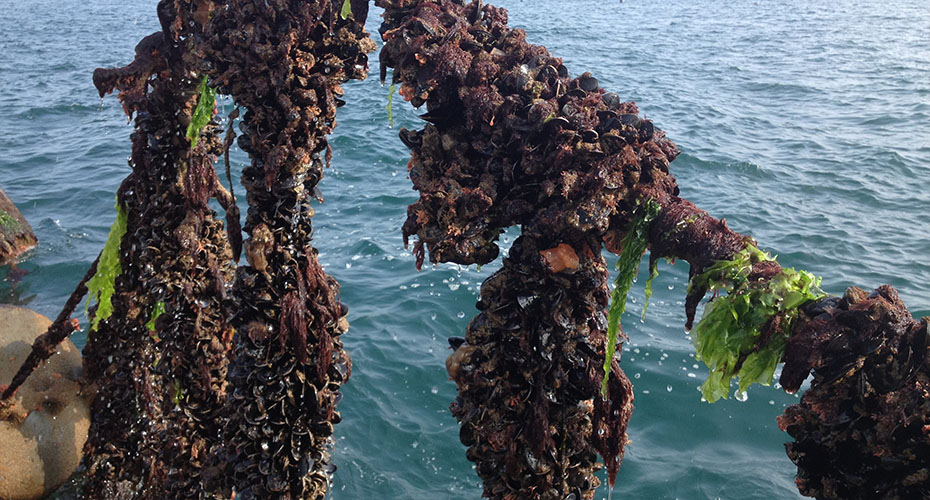
Marine research funded by the European Maritime and Fisheries Fund and led by Dr Ross Brown has uncovered environmental factors that increase the risk of HABs forming, which have been applied to the development of a statistical model, which can predict the risks of HABs developing.
Find out more >>

Ben Temperton and his research group are one in two groups in the world to isolate SAR11 (one of the most abundant microbes on Earth) and its viruses. They developed novel culturing methods for their viruses and discovered that phages infecting SAR11 don't fully kill the host population.
Find out more >>
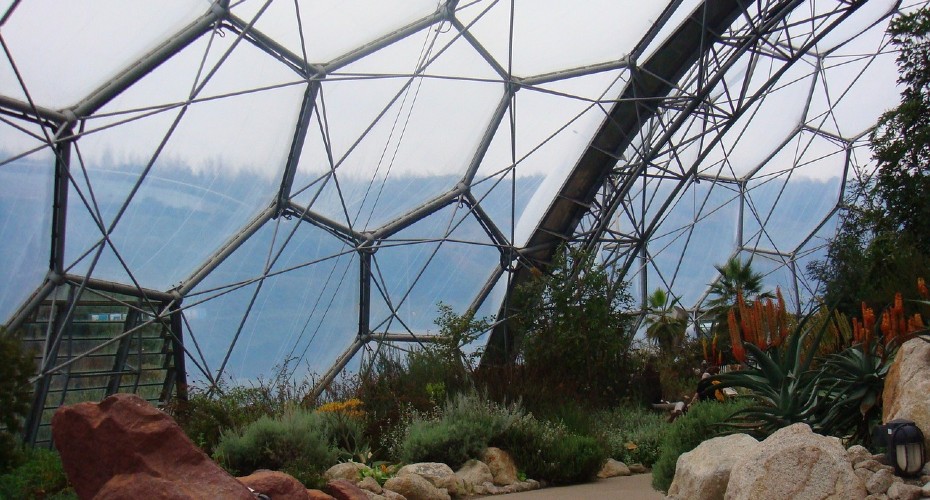
A group of University of Exeter researchers form the advisory group for the Eden Project’s Invisible Worlds exhibition, which reveals the Earths hidden life support systems that we rely on for fresh air, clean water, fertile soil, nutritious food, rich biodiversity and a stable climate.
Find out more >>
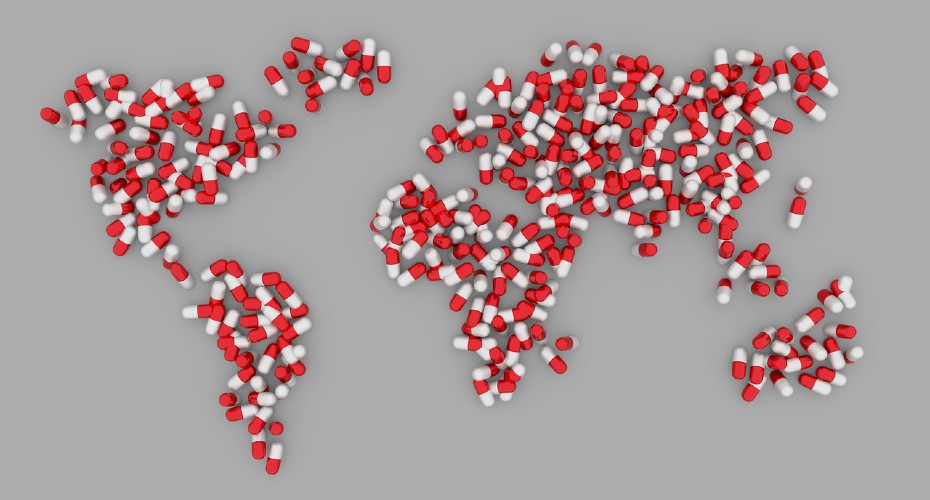
Research conducted by Dr Anne Leonard and Professor Will Gaze at the University of Exeter has shaped the global understanding of antimicrobial resistance (AMR), and has influenced government and WHO strategies in tackling one of the world’s biggest environmental threats.
Find out more >>
Microbial biotechnology
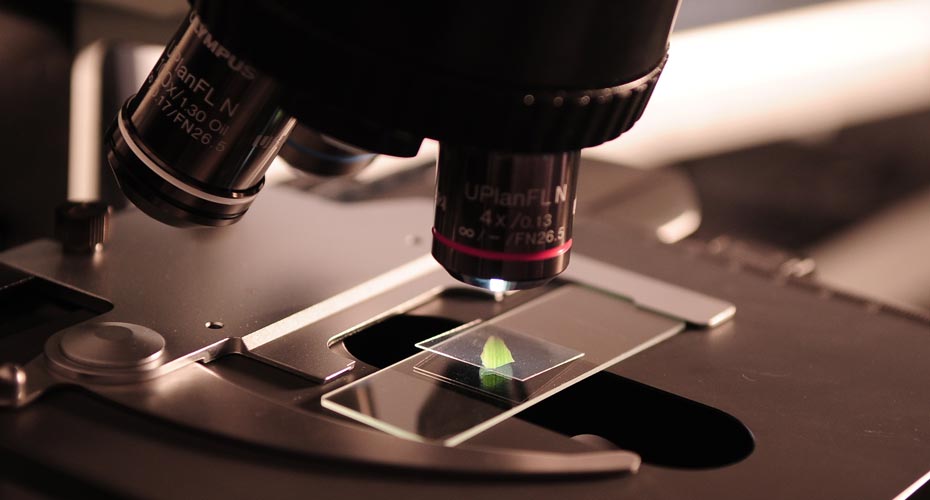
We utilise interdisciplinary research in mathematical modelling, development of tools and databases, and data analysis to look at AMR through a new lens.
Find out more >>
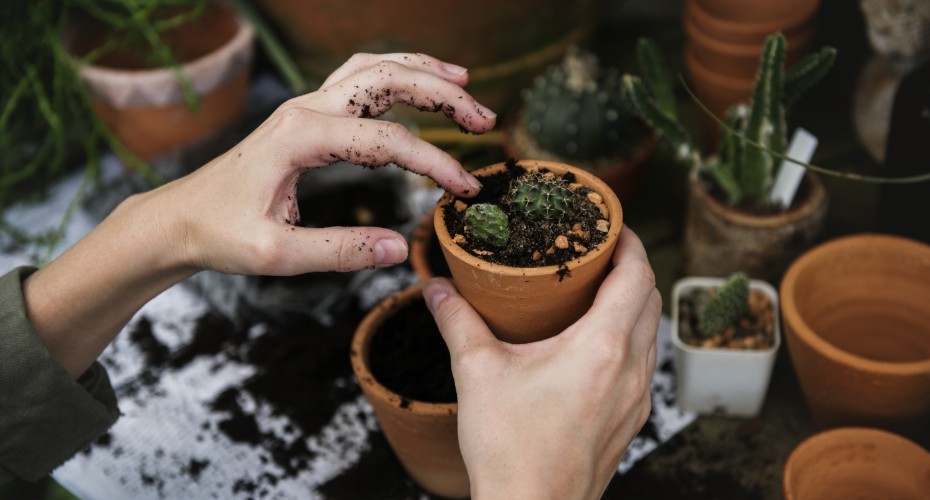
This Creative Exchange project forged links between scientist Dr Elze Hesse and ceramic artist Fleur Winter and explored how such metal-contaminated soils affect the quality of ceramics.
Find out more >>
David Richards’ research group develop and analyse mathematical models of biological systems to drive advances in our comprehension of complex biological processes and facilitate the development of novel, data-driven methods for precision healthcare.
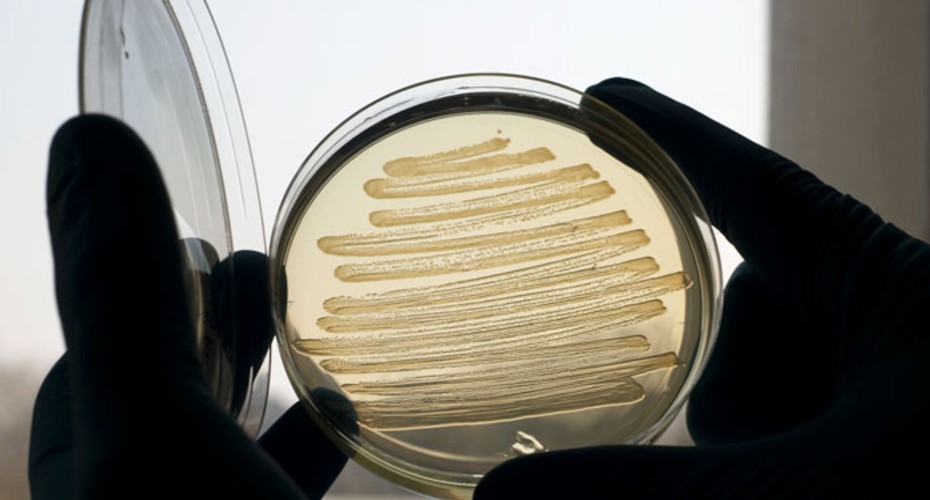
Bacteria modified to produce fuel on demand have been produced by University of Exeter researchers in collaboration with energy and petrochemicals group Shell.
Find out more >>
.jpg)
A new water-power treatment plant built by the University of Exeter’s Camborne School of Mines and Minus Engineering halves the electricity costs of treating mine water.
Find out more >>
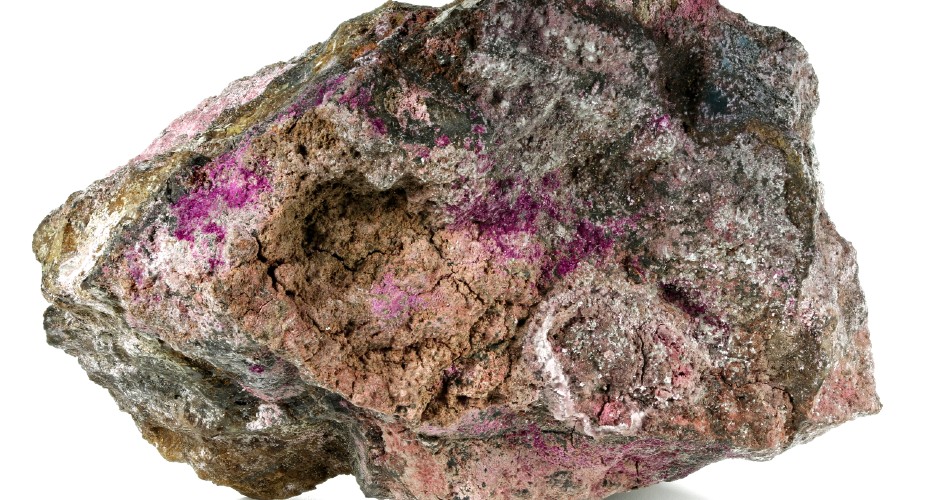
The University of Exeter worked with the Natural History Museum, Diamond House and 5 other UK universities on a multidisciplinary study looking at the geomicrobiology of cobalt resources and investigating solutions for the extraction of cobalt from ore deposits in Europe.
Find out more >>
Microbes and food security
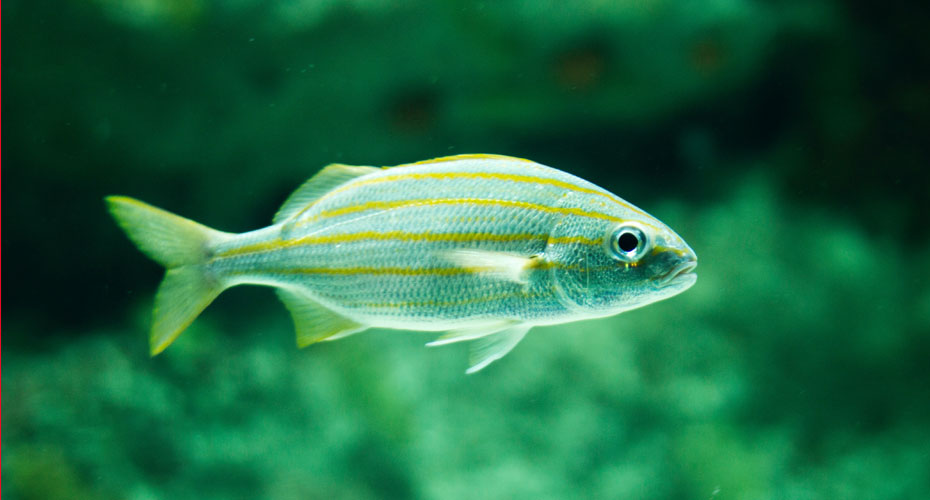
Over two decades of research carried out by Professor Charles Tyler revealed that endocrine disrupting chemicals (EDCs) in aquatic ecosystems have a feminising effect on male fish.
Find out more >>
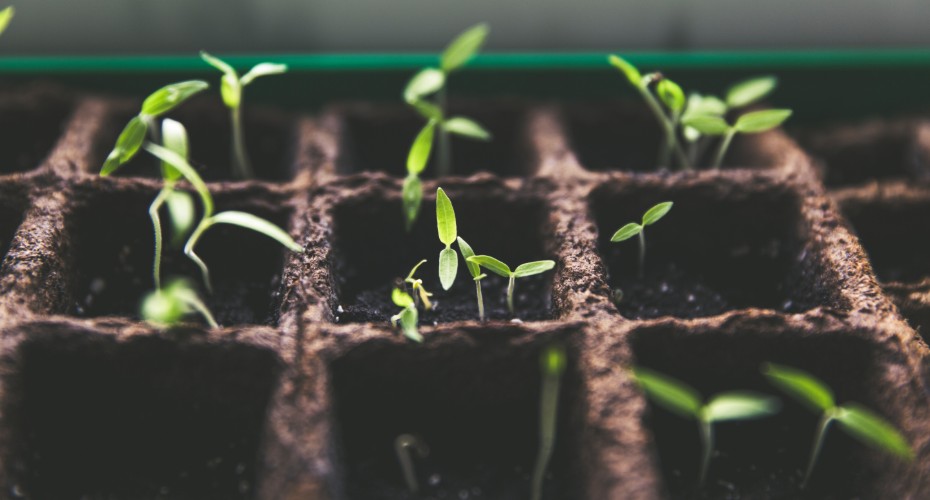
Our research in plant and algal biology encompasses metabolism and biochemistry, plant-pathogen interactions and biotechnology applications.
Find out more >>
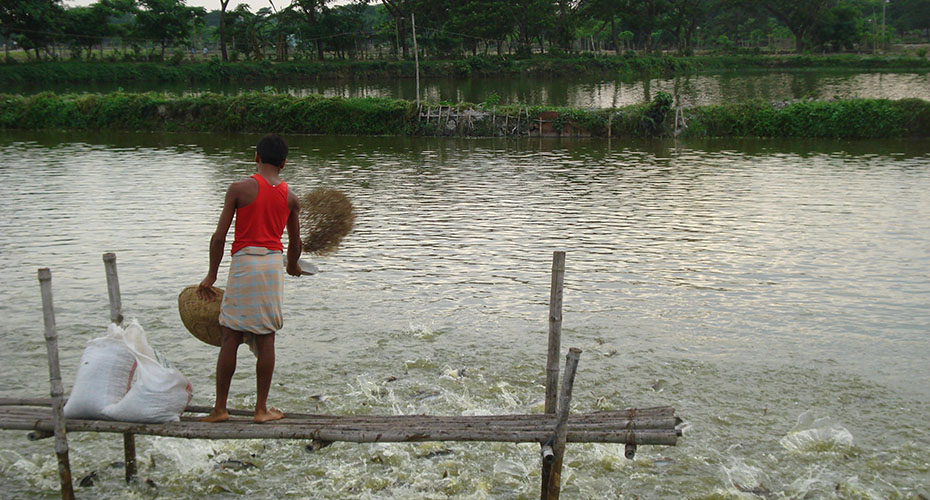
An international consortium of biologists, social scientists, policy experts and NGOs have been developing and applying innovative methods in molecular biology for use as early warning tools to prevent disease outbreaks in aquaculture.
Find out more >>

The University of Exeter is undertaking a project to exploit the amazing chemical diversity of soil micro-organisms such as Trichoderma. This will improve plant growth promotion and induced immunity on a range of important plant species.
Find out more >>
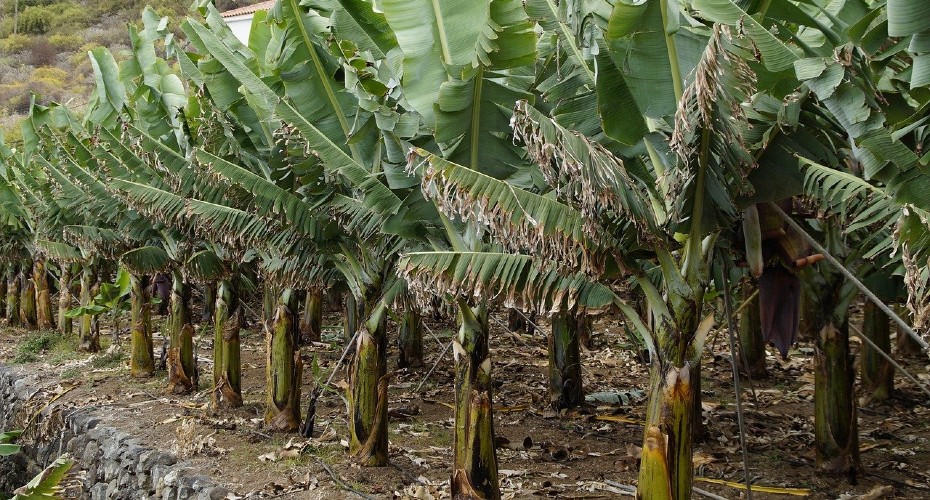
The project between University of Exeter and National Agricultural Research Organisation of Uganda (NARO) aims to understand the pathology of the disease and then create a genetic enhancement of the banana’s defences, after the disease devastated the livelihoods of millions of people.
Find out more >>

Working with partners in Argentina, this project is taking an interdisciplinary approach to studying the impacts of feedlot production on antimicrobial usage and antimicrobial resistance (AMR) in beef cattle.
Find out more >>

